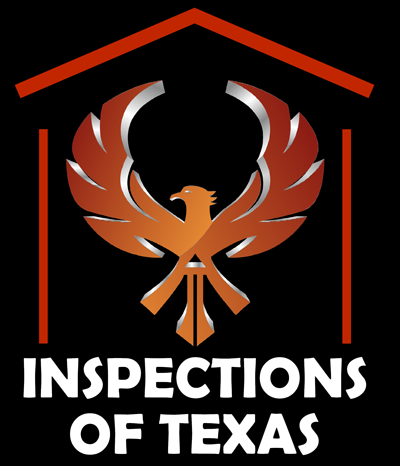Beauty May Be Skin Deep
Just because you fell in love with the aesthetics doesn’t mean the beautiful kitchen defines your house. The inspection is a reality check on what’s right and wrong. Hidden beneath the surface of beautiful homes may be costly issues for the home buyer. The structure, plumbing, or electrical may not be seen so well at a home showing. Great home inspectors are trained to find deficient items, both large and small.
Buyer Research
When choosing a home, treat it with even more care than other major purchases. Talk with neighbors, the homeowner association, and look up the crime statistics for the area on the internet. The last thing anyone needs is a big surprise that costs money or aggravation after the purchase. Even though the seller may have disclosed everything they knew was wrong, there may be other issues. The condition of mechanical equipment and other areas of the home deteriorate over time. Often DIY or unlicensed people are hired to repair or replace items that lack knowledge professionals understand.
Value of a Safe Home
Licensed Professional Home Inspectors help you by finding safety issues and making recommendations to improve the home. Safety standards become more stringent over time. Along with that, construction standards and equipment/appliance efficiencies change over time as well. There’s a saying among home inspectors, “Safety is not grandfathered.” In other words, when it comes to safety standards, the newest codes always apply, regardless of when the home was built. Most of the newest codes may only apply to newly built homes, but safety issues apply to all. Great home inspectors know what to look for and how to advise you.
The Negotiation
The home inspection points out what is wrong on a home. The report can become a tool for negotiating the price to have those items repaired or replaced. The Buyer and/or Realtor then gets quotes to find out how much time and money will need to be spent. This is an opportunity for the home buyer to ask for repairs or a credit on the sale price to have them fixed themselves. In Texas, the seller is not obligated to replace/repair or adjust the price. However, factual evidence on the condition of the home is always an advantage to the buyer.
Homeowner’s Insurance
If some items (like the roof) are not repaired/replaced the insurance company may choose to deny coverage. It is always best to check with the insurance company first if there is major defective evidence found by the home inspector. Work may be required and completed ahead of the closing date. Insurance companies know that roofs and poor repairs may cost them thousands of dollars down the road.
Knowledge Gives Power
Detailed and thorough home inspections display vital information about the home and the home systems as a whole. Repairs, costs, and maintenance may require immediate attention and defray costs in years to come. A good home inspection helps the buyer and the realtor to understand what may or may not be reasonable expenses, and what costs to negotiate in the process of the purchase. One thing should be kept in mind: EVERYTHING ON A HOME CAN BE FIXED! The inspection report helps to prioritize what must be corrected and needs to be repaired first.
Learn to Protect Your Investment
The home inspector is a valuable educational resource. They often explain reasons for deficiencies in the consultation. For example, poor drainage might not mean much to most people, but this may create foundation issues in the future. Grading should slope away from the house at a 2 percent grade. These and other specific tips for best practices in maintenance of the home may save thousands of dollars to the owner in the future. Finding a trustworthy and knowledgeable inspector is an important part of the buying process best not skipped.
When You Consider the Cost Is 1% or less of the Price of Your Home, a High-Quality Home Inspection Is a Bargain!

